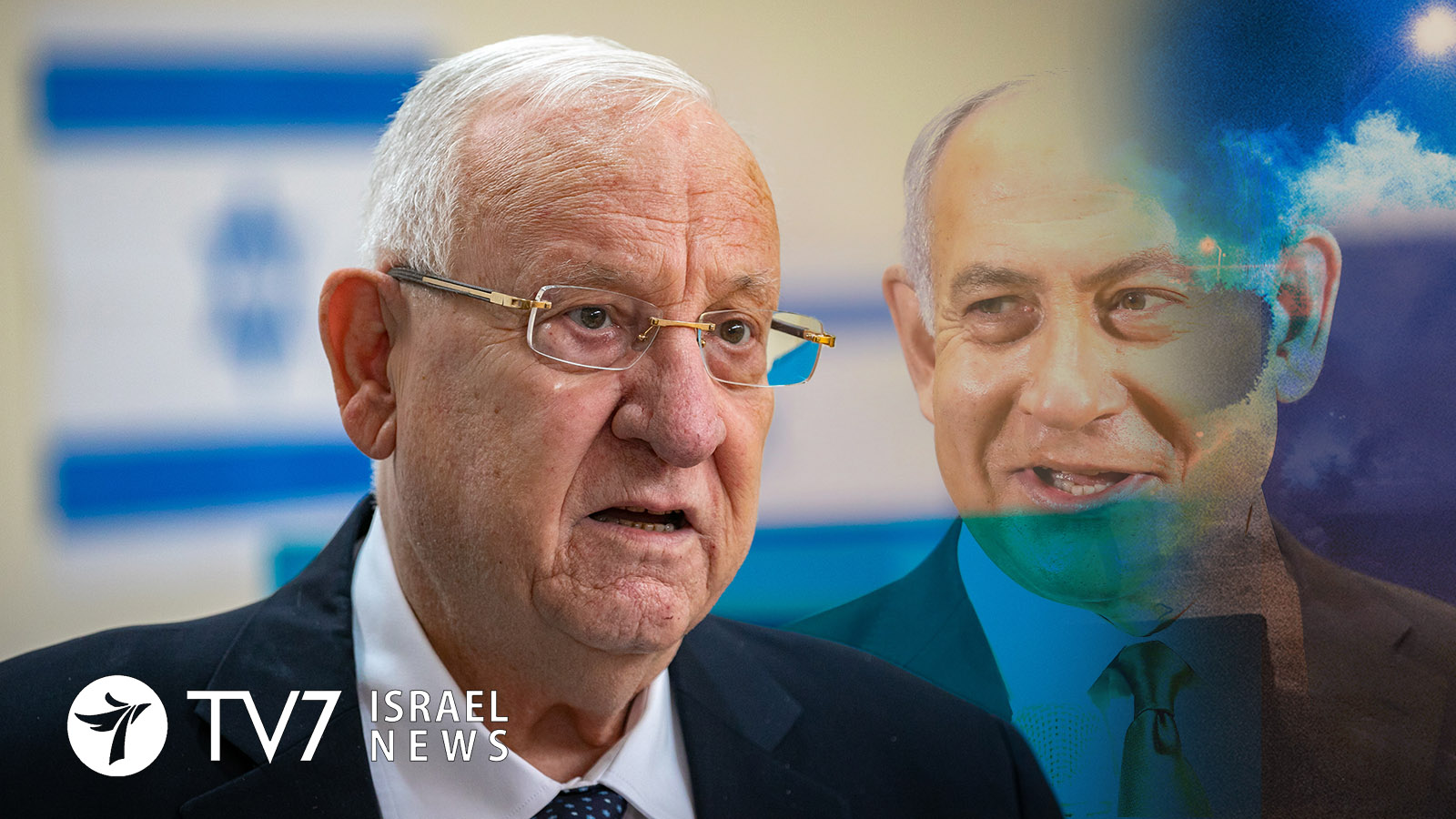Israeli President Reuven Rivlin will begin consultations on 5 April with representatives from all of the recently-elected political parties, who will present their preferred candidate to try to form a government.
The final tally of the March 23 balloting shows that none of the winners garnered a simple 60-seat majority vote of 120-member Knesset.
After receiving recommendations from the factions, President Rivlin will assign the coalition-building task to one of the candidates by 7 April.
Even though Prime Minister Benjamin Netanyahu’s right-wing Likud captured the highest number of mandates (30), it currently appears that an alliance with his natural partners only adds up to 52 parliamentary seats.
An opposition bloc formed of left-wing, centrist and rightist parties controls 57 mandates, led by the centrist Yesh Atid (17) party headed by former Finance Minister Yair Lapid.
The far-right Yamina led by former Defense Minister Naftali Bennett (7) and the Arab-Islamist United Arab List (UAL) faction (4) headed by Mansour Abbas may eventuate into the veritable kingmakers, able to determine whether Israel’s longest-serving premier can retain his hold on power.
Outgoing Alternate Premier and Defense Minister Benny Gantz’ Blue and White faction (8) is called on Lapid, Bennett and Gideon Sa’ar of the New Hope (6) to meet with him to resolve the political impasse and replace Netanyahu.
“I’ve called upon the leaders of the pro-change bloc to sit down as soon as possible so that we can get an honest government in place and end the Netanyahu era,” said Gantz in a statement obtained by TV7.
Whoever Rivlin nominates will be given 42 days to try to achieve the successful formation of the next government before the president assigns the task to someone else.
Failure by a second candidate would provide President Rivlin with the option of asking the Knesset to select another candidate. If that effort also fails to yield success, Israel would head back to the ballot box for an unprecedented fifth election since April 2019.
